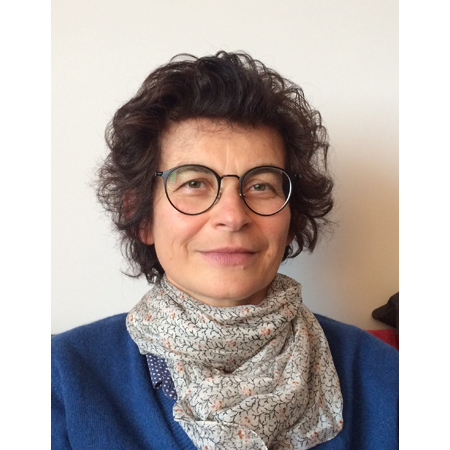Webinar "Surgical masks testing: a multidisciplinary approach led by membrane scientists" by Prof. Cristiana BOI for the EMS
The webinar will show attempts to optimize and improve the protocols for masks validation looking at more advanced techniques that, if reliable and fast, could be proposed for the modification of the current test standard.
-
Date: 05 MAY 2021 from 16:00 to 17:00
-
Event location: https://www.youtube.com/channel/UCBzUqWLIW-VXIDGLgI8QpiA

The outbreak of SARS-CoV-2 pandemic highlighted the lack of masks and personal protective equipment, which represents the main defense available against COVID-19. The masks shortage was dramatic in Italy, the first European country hit by the pandemic. To address the emergency and to support the Italian industrial reconversion to produce surgical masks a multidisciplinary group of the University of Bologna created a laboratory to test surgical mask according to the European regulations. The group, driven by the expertise of the membrane group of DICAM, built the test lines to perform all the functional tests required. Chemical engineers, microbiologists and occupational medicine were part of the team. In Europe, surgical masks must be labelled with the CE mark and meet the requirements defined in EN14683:2019 and in EN ISO 10993-1. Four testing lines were assembled to perform the required tests, namely breathability, bacterial filtration efficiency (BFE), bioburden and splash test (for masks type II R). According to EN 14683:2019, the experimental workflow starts with the breathability test, which is the easiest though fundamental and helps to immediately exclude non suitable materials on the basis of the air permeability. Suitable masks are then tested for BFE, which provides indication on the filtration capabilities towards droplets like the breathing aerosol, and for microbial cleanliness. The chemico-physical properties of the constituent materials are also characterized and correlated to the breathability and BFE results. For masks of type II R the resistance to blood penetration is determined with the splash test with synthetic blood. Attempts to optimize and improve the protocols for masks validation looking at more advanced techniques that, if reliable and fast, could be proposed for the modification of the current test standard. The Laboratory started its activity on March 24th. As of Dec 31st 2020 602 prototypes were tested, with nearly 1200 tests performed in total. A critical analysis of the results will be presented, moreover results of long run tests to investigate the life of surgical masks with use will be discussed
Webinar video
-
Webinar
Surgical masks testing Webinar by Prof. Cristiana Boi